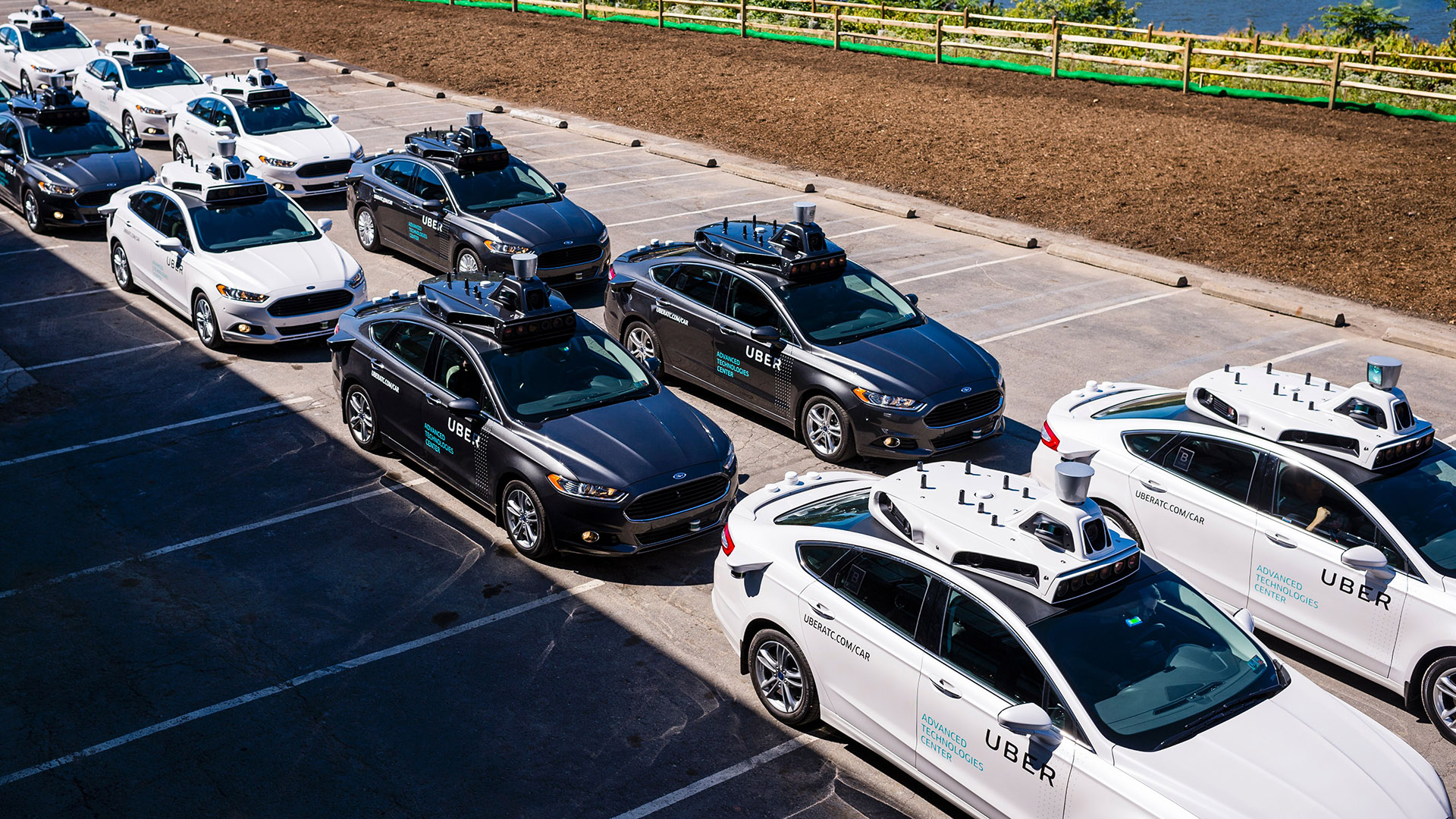

A U.S. House of Representative panel approved a proposed package of rules for self-driving cars, marking a significant step toward what could be the first real federal regulations for autonomous vehicles.
A House Energy and Commerce Committee subcommittee overseeing consumer protection approved the rules Wednesday. Representative Robert Latta, the committee leader, told Reuters that he would consider changes before a vote by the full committee, expected next week. The full House likely won’t vote on the bill until it returns from summer recess in September.
Congress has been debating the package of 14 new laws for about a month, with two proposals getting most of the attention in the media. One would exempt up to 100,000 self-driving cars a year from existing safety standards. The second would prevent individual states from creating their own self-driving car regulations.
Advocates of the bill believe the safety exemption will allow companies to get more prototype self-driving cars on the road quicker, in turn speeding up development of the technology. But Democrats on the House Energy and Commerce Committee subcommittee that just voted on the rules previously expressed concern that it would strip away federal oversight, and have a negative impact on public safety.
The proposal to keep states from drafting their own autonomous car regulations has also proven controversial. Federal authority take priority over state rules, but the new bill would prevent states from getting exemptions to set their own, stricter, self-driving car laws, similar to what California is currently allowed to do with vehicle emissions.
Several states already have their own self-driving car rules, but automakers are eager to get rid of them. They see the current situation as a patchwork that makes nationwide regulatory compliance too complicated. But opponents of the measure believe it removes an important layer of safety oversight. Under the proposal, states would still be able to set rules related to licensing, liability, insurance, and safety inspections, but can’t set specific requirements for performance or safety equipment.
Even if automakers and tech companies can produce commercially-viable self-driving cars, creating rules for them will prove challenging. Questions such as who is at fault when a self-driving car crashes have no clear answer—but at the same time, Congress faces pressure to draft rules before companies start deploying autonomous cars in large numbers.